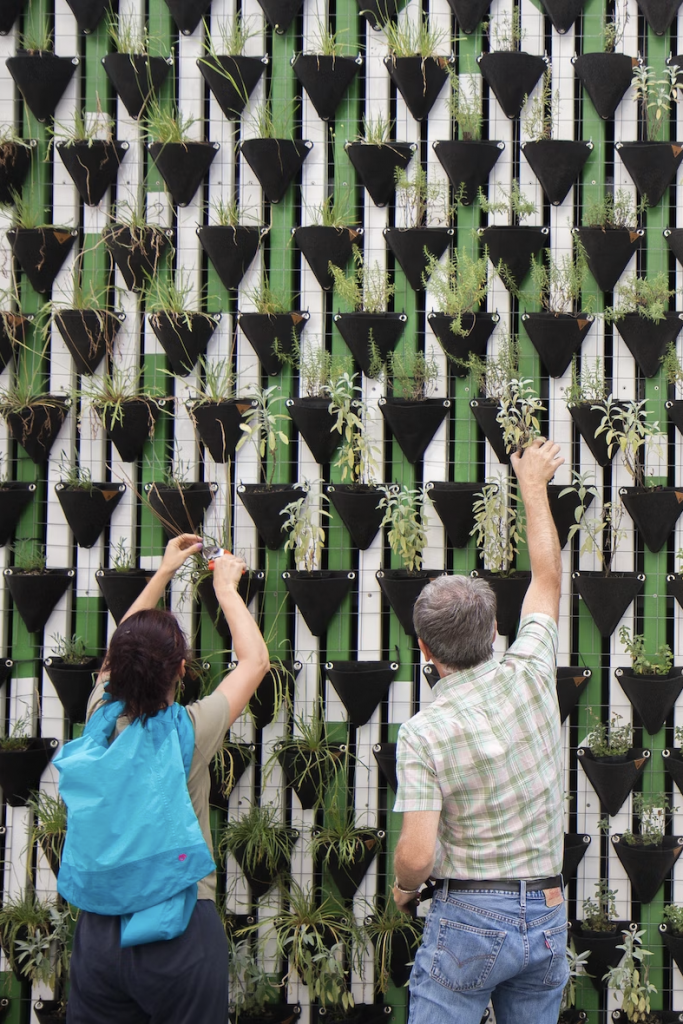Lately I have been reminded of the Spirit’s unexpected, mysterious, and holy transforming work. Our knowledge, understanding, and experiences of God and faith are limited given our culture, families, friendships, faith traditions, and life experiences. These relationships and our experiences form us and shape our beliefs and perspectives.
It is easy to get locked into our perspectives as being “right and faithful.” It is difficult to see God, faith, and life from another perspective unless life’s circumstances or relationships challenge our understandings. But these are the circumstances which the Spirit’s unexpected, mysterious, and holy transforming work often happens.
Being a part of a faith community all my life, I have a perspective of what community is and how to build community in that setting. In times of challenge, pain, suffering, I rely on my faith community to strengthen, care, and offer hope. Like many Christians, I have wondered how people who do not claim faith get through difficulties without faith in God or a faith community to provide support and hope.
Recently, my perspective of community was expanded beyond my “churchy” understanding and experience. I witnessed the power of a group of friends gathered in a non-church setting — a bar — having deep, authentic conversations. These friends have been present to listen, care, and support each other during a cancer diagnosis or treatment, job challenge or loss, or death of a family member.

I also witnessed the importance and value of community building at my grandson’s school. Administration, teachers, and staff work diligently to connect students and their families of different or mixed cultures and religions to feel valued, included, and accepted. At school assemblies, activities, and programs, the diversity and uniqueness of their students and community is highlighted and celebrated.
I have also witnessed how tragedies, addictions, or mental illness provide opportunities for building communities of support, care, accountability, and hope. The groups that form around a shared life experience often represent people of different cultures, faith experiences or traditions, and sexual identities. These groups are often more accepting, authentic, vulnerable, and open to sharing deeply, holding each other accountable, and honoring their differences than I experience in the church.

In these three examples, I am reminded that the Spirit’s unexpected, mysterious, and holy transforming work often involves circumstances and people that challenge my perspectives. The Apostle Paul wise words in 1 Cor. 13:12-13 reminds me, “Now we see things imperfectly, like puzzling reflections in a mirror, but then we will see everything with perfect clarity. All that I know now is partial and incomplete, but then I will know everything completely, just as God now knows me completely” (NTL).
In these three examples, I learned that the Christian church is not the only entity intentionally valuing and building supportive, caring, compassionate, and accountable communities where all its members are valued. Unfortunately, the church often divides over theological disagreements rather than doing the difficult, slow work of building a community that acknowledges, owns, and learns to live with their diversity. This Spirit-led and mutually transforming work requires attentiveness, humility, curiosity, patience, and grace for self and the other.
My perspective and understanding of God, life, and community are expanded when I allow the Spirit to soften, shape, and lead me.
The opinions expressed in articles posted on Mosaic’s website are those of the author and may not reflect the official policy of Mosaic Conference. Mosaic is a large conference, crossing ethnicities, geographies, generations, theologies, and politics. Each person can only speak for themselves; no one can represent “the conference.” May God give us the grace to hear what the Spirit is speaking to us through people with whom we disagree and the humility and courage to love one another even when those disagreements can’t be bridged.
